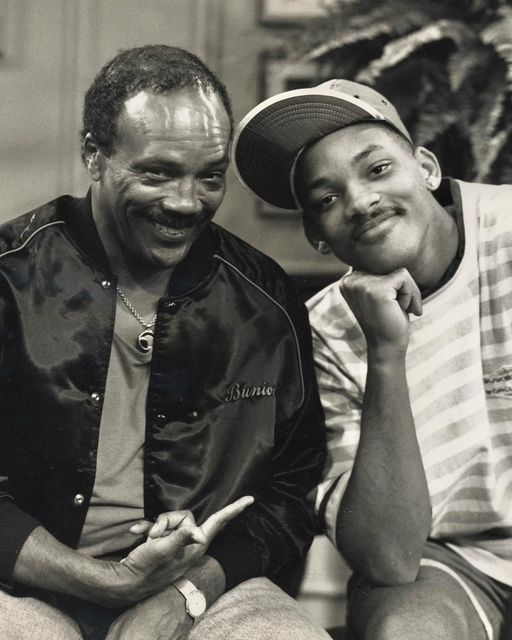Quincy Jones Death, Obituary – Quincy Jones, an unparalleled figure in American entertainment, left an indelible mark across multiple industries in his 91 years. Known for his innovative spirit and remarkable versatility, he rose from a modest childhood in Chicago to influence music, film, and television on an extraordinary scale.
As news of his passing spreads, tributes pour in from all corners of the entertainment world, reflecting on his immense contributions and the profound impact he had on generations of artists and audiences.
From his early days, Jones demonstrated a unique musical genius. His discovery of music at age seven was the beginning of a lifelong love affair, initially nurtured by his mother’s singing and the sounds of a neighbor’s piano drifting through the walls of his childhood home. After his parents’ divorce, he moved with his father to Washington state, where he explored drums and brass instruments in his high school band.
A pivotal moment in his young life came when he met and played with the legendary Ray Charles in Seattle clubs at only 14, forming a bond that would later blossom into friendship and collaboration. By the time he was hired as a trumpeter for Lionel Hampton’s jazz band, Jones had already crossed paths with some of the biggest names in jazz, including Charlie Parker and Miles Davis.
His early touring experiences not only sharpened his skills but also introduced him to a wide array of cultures and musical styles.
Jones’s drive and talent eventually propelled him to New York and later to Europe, where he studied composition and arrangement in Paris. It was in Europe that he deepened his artistry, collaborating with luminaries such as Pablo Picasso and Josephine Baker and finding himself at the heart of the jazz renaissance. Despite financial struggles—including a $100,000 debt incurred after a failed jazz musical—Jones’s career continued to ascend.
By the 1960s, he had established himself as a go-to producer, arranger, and composer, working with jazz greats Ella Fitzgerald, Sarah Vaughan, and Count Basie. His big break in the pop music world came when he joined Mercury Records, where he worked with artists like Dinah Washington and Peggy Lee, and became the first African American executive at a major record label.
Jones’s creative versatility shone brightest in his collaborations with a range of music legends. His iconic work with Frank Sinatra began in 1958, producing what many regard as Sinatra’s finest recordings, and extending into Sinatra’s last album, *LA Is My Lady*.
However, his partnership with Michael Jackson in the 1980s catapulted him to unprecedented fame. Producing Jackson’s albums *Off the Wall*, *Thriller*, and *Bad*, Jones helped shape a new sound in pop music, contributing to the King of Pop’s status as one of the best-selling artists of all time.
*Thriller* alone became the highest-selling album worldwide, an achievement that cemented Jones as one of the most influential producers in history.
Beyond music, Jones was a trailblazer in film and television. He composed film scores for classics like *The Italian Job* and *The Color Purple* (which earned him three Oscar nominations). He also scored groundbreaking television shows, such as *Roots* and *The Bill Cosby Show*, and produced the culturally defining sitcom *The Fresh Prince of Bel-Air*, introducing the world to Will Smith.
Even in his later years, Jones continued to innovate; in 2017, he launched Qwest TV, a streaming platform dedicated to high-quality music content, ensuring his impact would continue to inspire future generations.
Jones leaves behind a legacy of achievement few could match. With 80 Grammy nominations and 28 wins, he ranks among the most celebrated artists in Grammy history, a testament to his pioneering influence across genres and decades.
His unique blend of artistic vision and relentless pursuit of excellence transformed him into an entertainment icon, inspiring countless musicians, producers, and fans worldwide.
As his family shared, “Although this is an incredible loss for our family, we celebrate the great life that he lived and know there will never be another like him.” Indeed, Quincy Jones’s life was a celebration of creativity, collaboration, and an unwavering commitment to breaking barriers in the arts. His legacy will resonate for generations to come, as his work continues to touch and inspire the hearts of millions.
